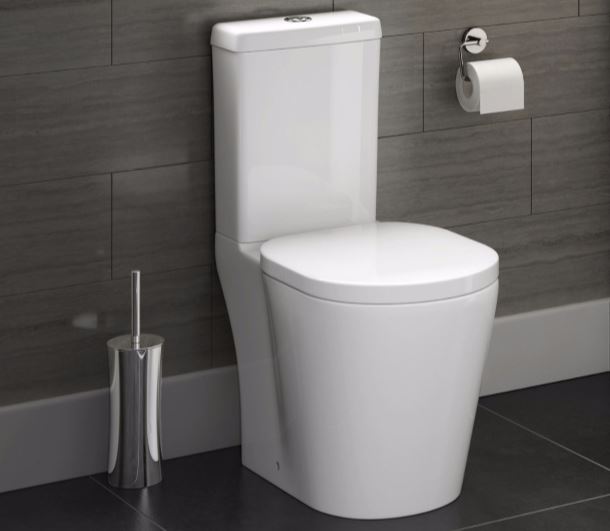
Kenya lags behind her neighbours in the number of people defecating in the open, with 5.6 million people not using toilets, according to a Unicef report.
This figure is 12 per cent of the total population. Uganda comes a close second with 11 per cent while Tanzania has done better with only 6 per cent incidence.
The report names 26 ‘high burden’ countries, those that have more than five million people defecating in the open or more than 50 per cent of the population. United Nations Children’s Fund (Unicef) expert Andrew Trevett said open defecation was of particular concern to the fund because germs that cause diarrhoea, cholera and also worm infection are spread this way. “Diarrhoea is the second greatest cause of death in children,” said Trevett. “When children get diarrhoea or worms, they become malnourished.”
According to the Kenya National Bureau of Statistics (KNBS), most open defecation takes place among the rural population. This stands at 15 per cent, compared to three per cent for the urban population.
In rural areas, these people defecate in the bushes, while in urban areas, open defecation is a burden in the slums.
“Due to inadequate toilets or because it is dangerous to go to the toilet at night, people poop in a bag and then throw out the bag in the open, which is ‘flying the toilet’,” said Andrew Trevett.
This is a big problem, because at least 29.9 per cent of children aged below five have moderately stunted growth, with another 13 per cent underweight because they do not get sufficient nutrients for optimal physical and mental development, according to the Kenya Integrated Household Budget Survey for 2015/16.
The problem does not just stop at health; it has economic ramifications as well. In 2013, the Water and Sanitation Programme estimated that Kenya loses Sh27 billion annually due to poor sanitation.
To solve this problem, a strategy has been developed to mobilise communities to completely eliminate open defecation. Through the approach, referred to as Community Led Total Sanitation, communities are facilitated to conduct their own appraisal and analysis of open defecation.
“We show them how much poop a household produces and get a clear picture of how it affects their health,” said Trevett. The community then mobilises itself and contributes money to ensure each family has access to a proper toilet. Kenya has a target to be completely ‘open defecation-free’ by 2030, with Sh1.5 billion required to achieve 100 per cent open defecation-free villages.
Only 13 per cent (8,378) of villages in Kenya have been certified to be open defecation free out of 68,362 villages, but this is an improvement as only 8 per cent of villages had this status in 2016, according to the Ministry of Health.
 The Standard Group Plc is a multi-media organization with investments in media
platforms spanning newspaper print
operations, television, radio broadcasting, digital and online services. The
Standard Group is recognized as a
leading multi-media house in Kenya with a key influence in matters of national
and international interest.
The Standard Group Plc is a multi-media organization with investments in media
platforms spanning newspaper print
operations, television, radio broadcasting, digital and online services. The
Standard Group is recognized as a
leading multi-media house in Kenya with a key influence in matters of national
and international interest.











